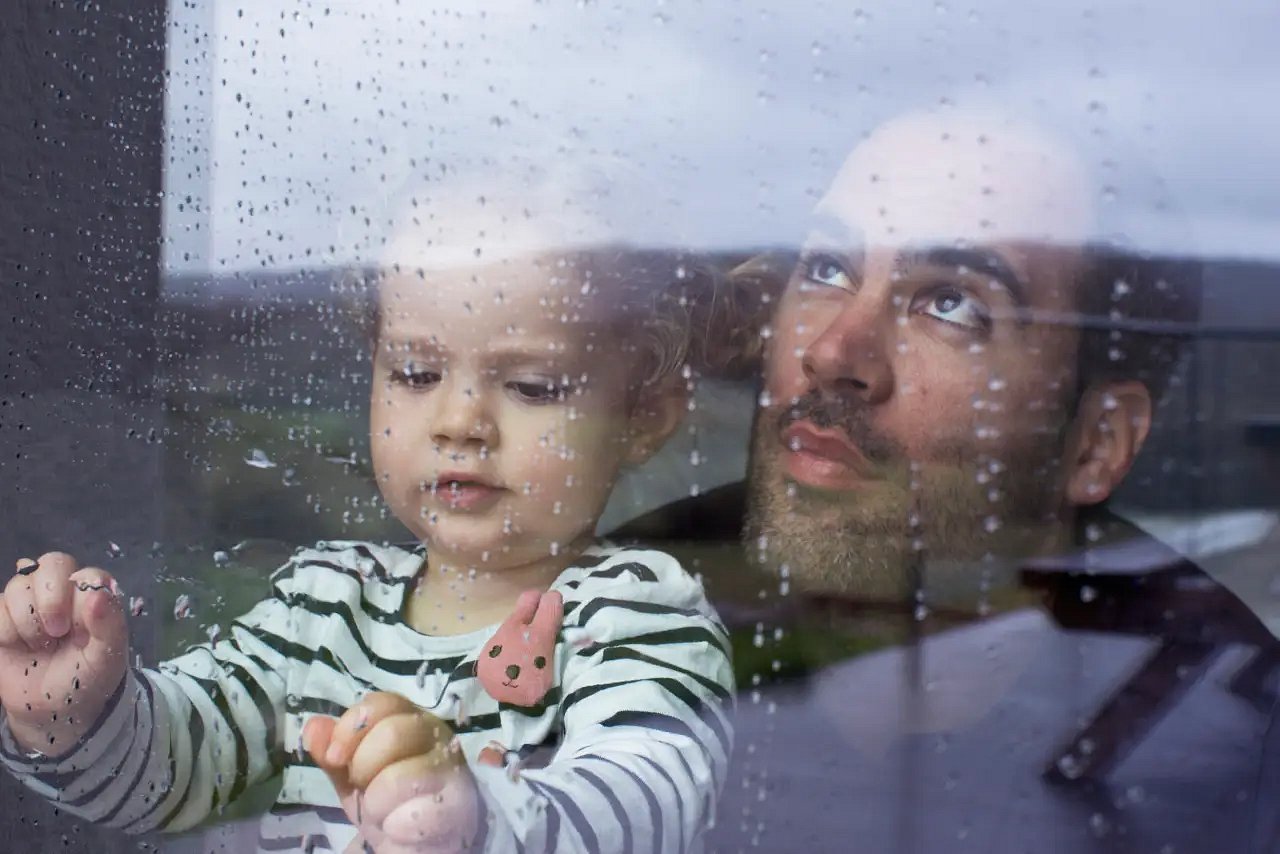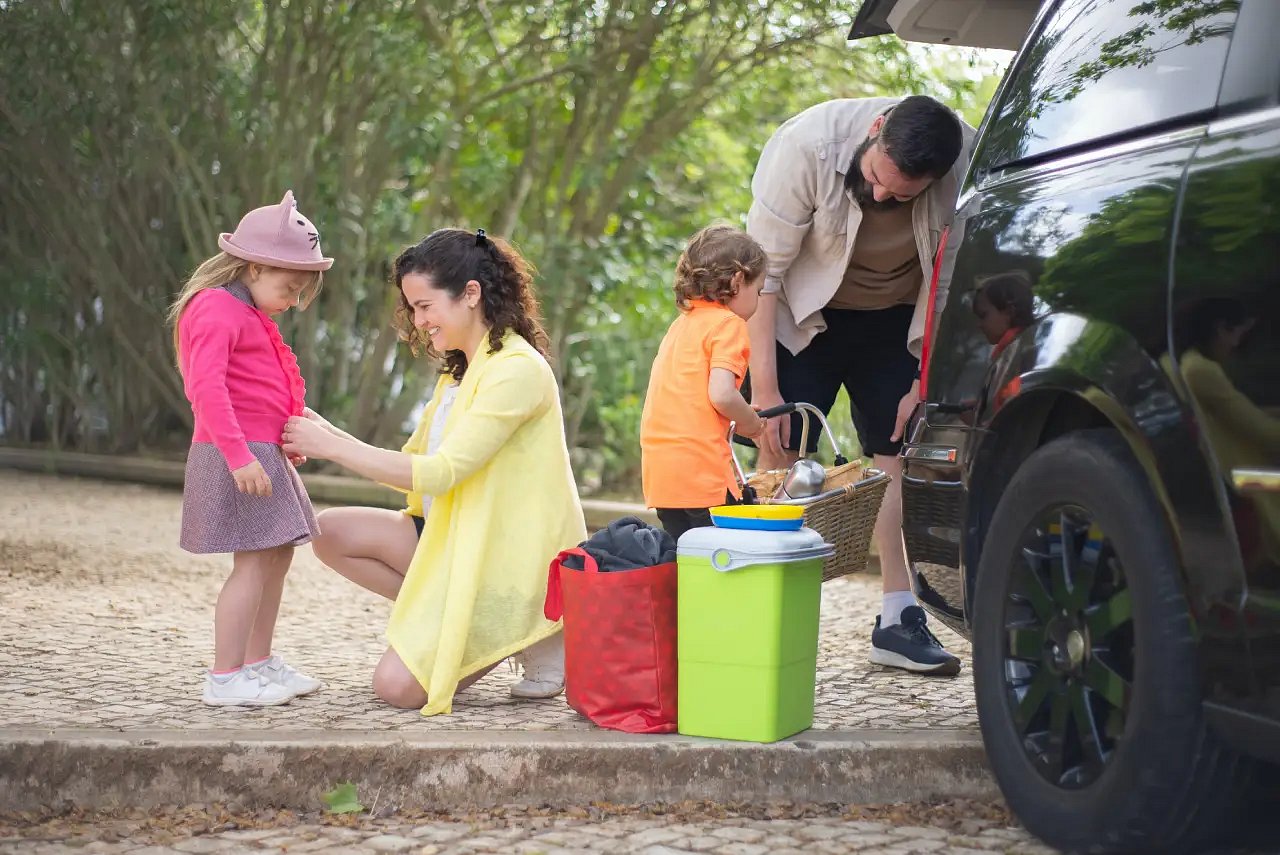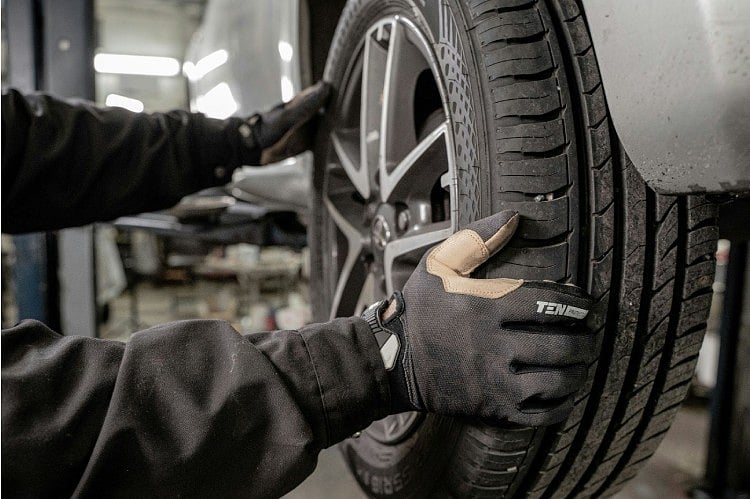Knowledge Hub
Knowledge Hub

Types of Weather Damage Covered by Buildings Insurance
Home and Leisure
June 22, 2022
Heavy storms are common across South Africa and torrential rainfall, hail and strong gusts of wind cause an enormous amount of damage to personal property every year. One of the key questions facing a property owner is: 'Will my insurance cover any damage caused to my property by extreme weather conditions?’ By making sure that you have the right Buildings Insurance in place, Dialdirect can help you to protect your property against these natural disasters.
Types of weather damage
Whether it is the famous Highveld thunderstorms with their accompanying lightning strikes and bombardments of hail; the torrential rain experienced in KwaZulu-Natal; droughts inland or the severe winds found in the coastal cities of the Western and Eastern Cape, South Africa is no stranger to severe and damaging weather conditions.
These types of severe weather events aren’t going away any time soon. According to the Institute for Security Studies[1] (ISS), climate-related weather disasters are likely to increase in frequency in the coming years. The weather has already started showing signs of becoming more severe. The ISS states that weather disasters have increased 57% over the past two decades compared to the previous two. Recent events like the catastrophic floods in KwaZulu-Natal have tragically demonstrated how destructive these storms can be – with hundreds dead and several thousand homes damaged.
The damage inflicted on a property will depend on the type of weather involved. With floods, the water can be so strong that it washes houses away. Heavy rains can cause water damage to property, knocking off the shingles from roofs and, if there is a weak spot, allowing moisture to get into the house. Over time this moisture can lead to mould, which can even damage the foundation of the house.
Strong winds are also destructive. If there are any weak points, in the roof or in structures like walls, wind can slowly cause them to weaken further and even blow them down. Wind also tends to upend trees, which can cause a lot of damage if they land on a house.
The electric storms commonly found on the Highveld come with a lot of lightning and hail. When lightning hits a house, it can be strong enough to cause a fire to break out or break parts of a roof. Lightning can also damage electrical cables and cause destructive power surges. A lightning strike can topple a tree, which can cause extensive damage to property.
Hail is equally destructive. It creates cracks in roofs and gutters which lead to water damage. Big hailstones can crack and shatter windows and glass doors.
Types of weather damage covered by building insurance
When extreme weather causes damage to your property, you may be able to make a claim from your buildings insurance to fix and repair the damage caused. However, not every weather event is included in your home insurance policy, therefore it is important to review your policy to make sure everything you need is in there. The types of weather damage that are covered and those that are excluded will depend on the cover you have taken out. Discover how buildings insurance works from our comprehensive guide.
The types of damage covered by most insurance companies include:
1. Broken glass doors/windows
2. Roof damage (tiles)
3. Boundary walls/fences
4. Buildings, like a garage or granny flat
5. Swimming pool
6. Electric gates
Buildings Insurance will most commonly cover damage caused by fire, lightning, explosions and earthquakes. Damage caused by trees falling on buildings (which happens a lot during storms) is also often included in policies. Fire damage to thatch roofs is also included, provided this is specifically stated in your policy.
Liability caused by weather is often included. This means that if someone is on your property and is injured due to a weather event, such as someone slipping on ice, your insurer will cover the costs of recovery and any legal fees that may arise.
Home insurance will also often include cover for alternative accommodation if you cannot live on your property due to storm damage. Security guards will also be paid for if you need extra safety due to a wall having collapsed or a door being broken.
However, you will need to take out a policy that specifically includes home contents insurance if you want the items inside your home, such as kitchen appliances, technical gadgets and furniture, to be protected.
What is not included?
There are some limits on what your buildings insurance in South Africa will cover. One thing that is not covered is the damage caused by long-standing issues and lack of maintenance. Some of this damage may be caused by weather damage that has been allowed to fester for a long time and has not been fixed. This includes blocked drains and gutters which collapse from rust or a leaky roof that has been left that way until it eventually collapses. Consult your Dialdirect broker for a full list of the limitations to buildings insurance cover.
Does home insurance cover flood damage?
Floods are becoming ever more common and we need to be mindful of the fact that standard building or home contents insurance policies do not always cover flood damage. Standard home insurance will often cover interior water damage due to issues like a burst geyser or pipe and to extreme weather such as storm damage, but it does not typically cover homes for damage caused by floodwaters. Property owners who live in areas prone to flooding are advised to get a separate insurance policy for catastrophic events like floodwaters.
When a property has been damaged by a flood, the cost of cleaning up the home and the repairs can be expensive and often everything inside the home would need to be replaced. Specialised flooding insurance will cover the cost of removing debris, repairs to the home, the replacement of household contents and the paying of alternative accommodation while your property is being repaired.
How to claim for weather damage to your home
When your home has suffered damage due to harsh weather, there are several steps you need to take to make sure your insurance claims go through as smoothly as possible.
1. Contact your insurer as soon as possible to start the process. Have your policy number ready and give your insurer your contact details so that they can reach you easily. Try to describe the extent of the damage as best you can and let them know of any special needs your family may have.
2. Document the damage. Take photos and list the items that have been damaged so that the insurance adjuster is aware of everything that has been lost or that needs repair. If you have the date of purchase and approximate value of the items, supply these too.
3. Don’t be too quick to discard or throw away damaged items before checking with your insurer. The insurance adjuster will need to see the damaged items. However, if you have to throw away debris for safety reasons, take photos of everything.
4. Track the process and don’t undertake any repair work until you get the necessary authorisation from your insurer. With flooding insurance, your insurer will often provide alternative accommodation until your property has been repaired.
Get a home insurance quote from Dialdirect
The one thing we cannot control is the weather, but that doesn’t mean we can’t be prepared for disaster if it strikes. Contact Dialdirect today for a building insurance quote. The team will do their best to make sure your home is protected against the storms that come your way.
Sources:
[1] Institute for Security Studies: Urban South Africa is ill-prepared for the coming climate change storm.
Disclaimer: Dialdirect Insurance is a licensed non-life insurer and financial services provider. Terms and Conditions online.

We have great insurance products
Need car, home & Life Insurance? We offer a wide range of insurance products. Switch & get cash back on insurance premiums.







